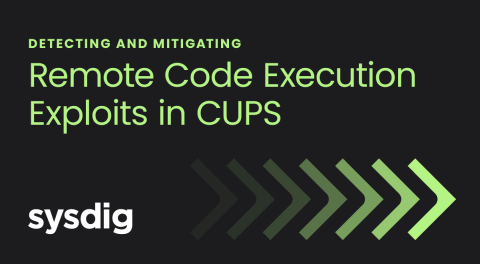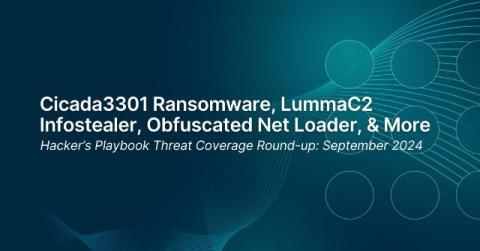Breaking Down the OWASP Top 10 API Security Risks 2023 (& What Changed From 2019)
The OWASP Top Ten lists have been the cornerstone for application security best practices for over two decades. The 2019 list was the first edition of the OWASP API Security Top 10. The latest, OWASP API Security Top 10 2023, gives our security and engineering teams a glimpse of attack vectors that are becoming more common. With that in mind, it also helps our security teams to ensure that they have adequate coverage for security testing.











